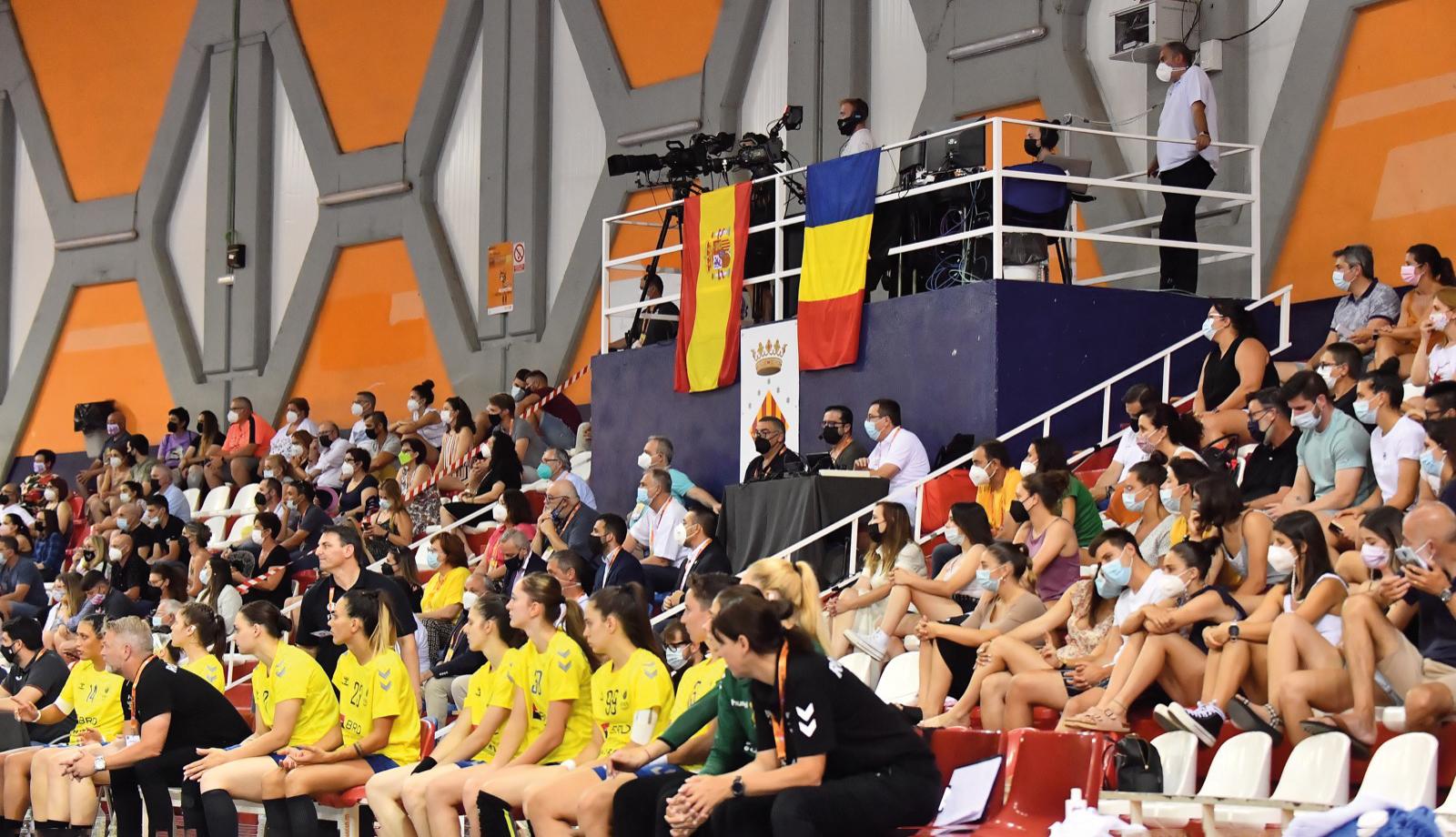Handball Olympics 2020: Streaming to the world stage
In the lead-up to this year’s Olympic Games, specialist production companies across the globe stepped up to the plate, streaming smaller sport disciplines that are often overshadowed

Sponsored editorial
In the lead-up to this year’s Olympic Games, specialist production companies across the globe stepped up to the plate, streaming smaller sport disciplines that are often overshadowed
As Tokyo 2020 finally got into full swing, the thrill of the Olympics kicked off. While classic favourites like athletics, gymnastics and cycling always get top billing, one of the joys of the Games is the chance to discover – or rediscover – some of the lesser-known sports: shooting, sport climbing, softball and handball (to name just a few).
Although the Olympics provides welcome exposure, many of these sports are gaining a growing global audience thanks to high-quality streaming workflows. When it comes to handball, the pace is lightning fast, requiring skilful throwing, swift teamwork and pinpoint accuracy. Capturing the action is no mean feat.
Spanish production agency, Terrible Producciones, delivers content for sporting partners across a range of national league sports, from rugby through to handball. “We started exclusively with streaming productions, and gradually implemented a range of new technologies, and established a live OB infrastructure,” says managing director, David Garcia Rodriguez.
Garcia recalls his work capturing Spain’s women’s qualifying match in the lead-up to the Olympics. “The Spanish were in final preparations for Tokyo, with two matches against Romania. We produced the first for the Royal Spanish Handball Federation YouTube channel using a four camera set-up, and the second with six, adding a close-up angle behind each goal.”
The team relies on its fleet of Blackmagic cameras, including URSA Broadcast with B4 mount, allowing for compatibility with different broadcast-grade lenses. Garcia and the team recorded in UHD at 60fps, allowing for accurate coverage from all angles on court. Rigged with an URSA Studio Viewfinder, fibre converters, and connected by hybrid filters, every pass and tackle of the game was captured.
Garcia explains that the team had already seen an increased demand for streaming from its clients. “Smaller clubs and sporting federations wanted to adopt a direct-to-consumer model long before the pandemic began,” he reflects. “The ability to access and engage with fans who can’t attend in person is vital, and for many, streaming has been a lifeline over the past 12 months.
“Our approach means we can help national federations who simply wouldn’t have the resources otherwise to broadcast matches,” he concludes. “We believe all sports fans should be able to access action from their favourite leagues without restriction. Our mission is not only to entertain, but also promote the feeling of belonging to a community, no matter whether your team wins or loses.”
This article first featured in the autumn 2021 issue of FEED magazine.
